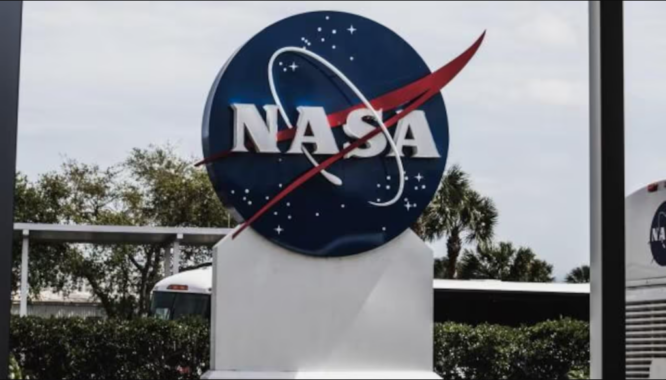NASA intends to invest $45 million in funding for more than 200 small businesses to develop new technologies to safeguard astronauts’ health and reduce the risk of spacecraft collision damage, according to the US space agency.
NASA’s Small Business Innovation Research (SBIR) and Small Business Technology Transfer (STTR) programmes are investing in a diverse portfolio of American small businesses and research institutions to support future NASA missions.
According to an agency statement, each proposal team will receive $150,000 to determine the viability and merit of their innovations, for a total investment of $45 million.

Phase I SBIR contracts are awarded to small businesses for a duration of six months, whereas Phase I STTR contracts are awarded to small businesses in collaboration with a research institution for a duration of thirteen months.
NASA initially funded 300 submissions from 249 small enterprises and 39 research institutes.
In the statement, Jenn Gustetic, director of early stage innovation and partnerships for Space Technology Mission Directorate (STMD) at the agency’s headquarters in Washington, said, “NASA has an important role to play in growing the aerospace ecosystem in our country.”
“Through these early-stage small business awards, we are inviting more innovators into this expanding field and assisting them in maturing their technologies not only for NASA’s use but also for commercial impact,” he explained.
More than a quarter of the selected companies are women-owned, veteran-owned, disadvantaged, and/or HUBzone small businesses. Approximately thirty percent of the selected companies are first-time NASA SBIR/STTR awardees.
nou Systems, a woman-owned small business based in Alabama, has been selected to further develop its technology to aid in the microbial monitoring of spacecraft environments.
Monitoring microorganisms is of uttermost significance to astronauts’ health due to the spacecraft’s closed and unique environment.
Another is a Washington-based veteran-owned company called HyBrid Space Systems. The two-person company was awarded an SBIR grant to assist NASA in mitigating the risk of injury to its spaceflight programs posed by orbital debris — human-made objects in Earth orbit that have outlived their usefulness.
“We are proud to partner with small businesses and research institutions in need of government funding,” said Gynelle Steele, deputy program executive for NASA’s SBIR/STTR program at NASA Headquarters.
“This program enables NASA to cultivate innovative ideas from a variety of innovators across the country who may not receive the initial funding from the private sector required for their growth,” Steele explained.


